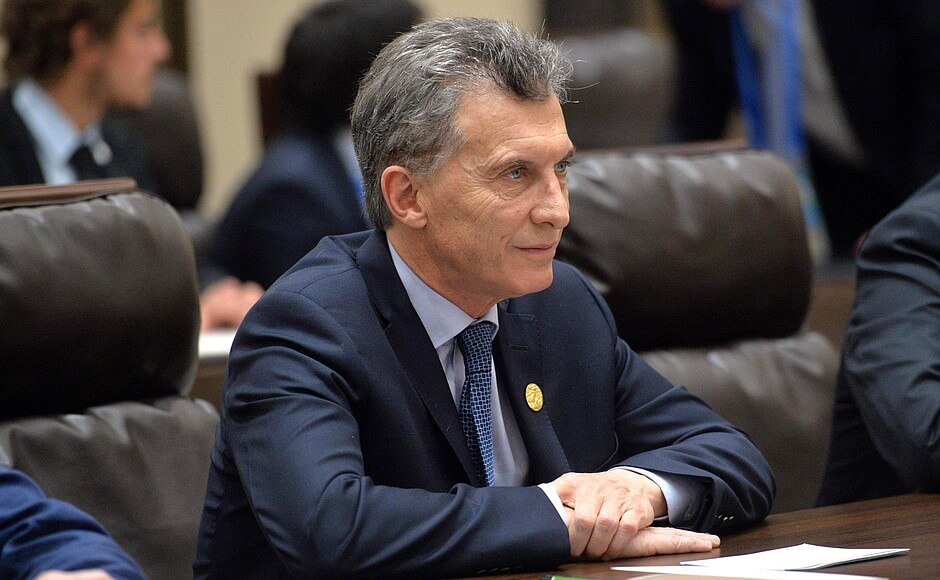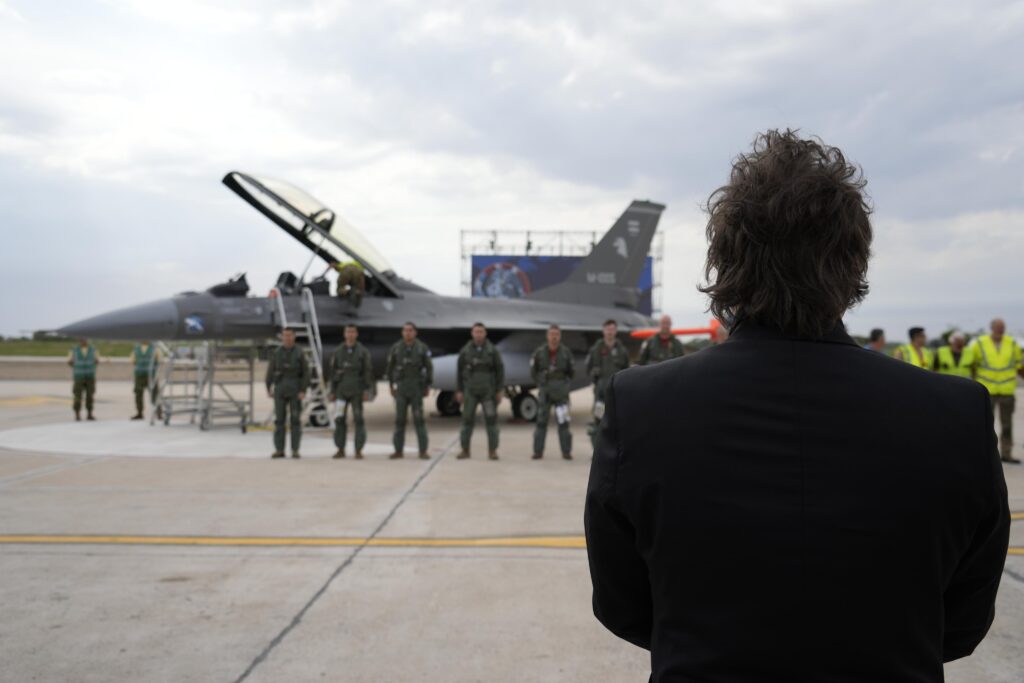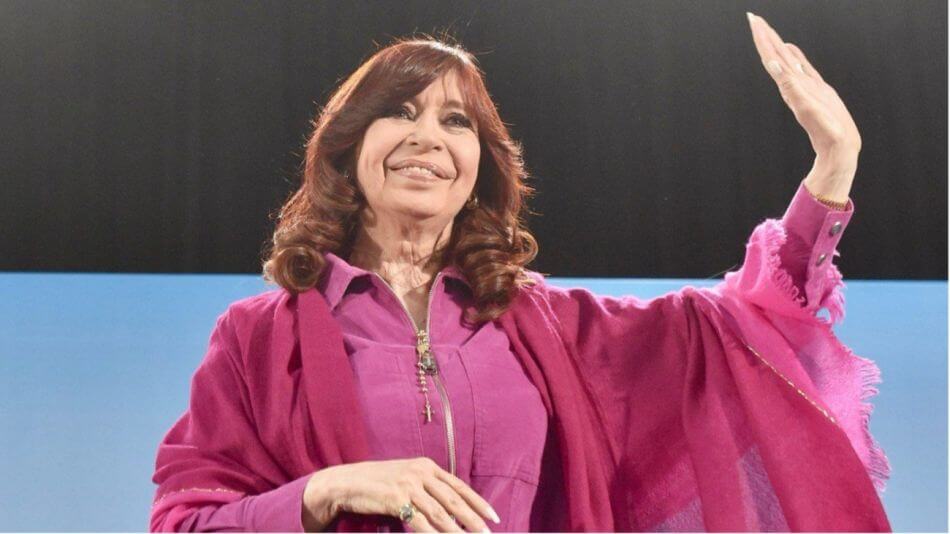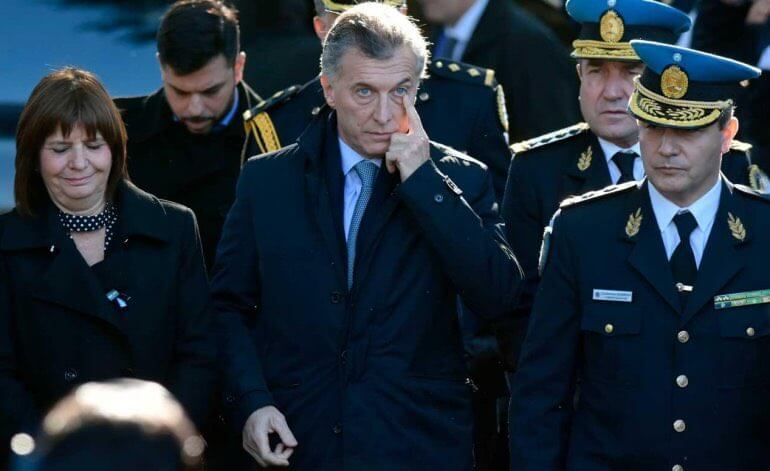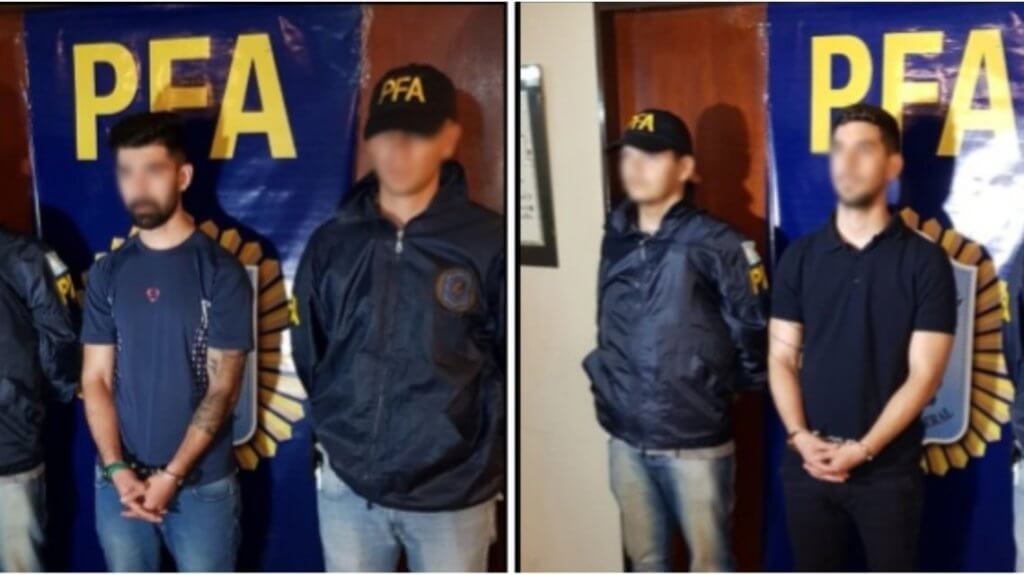Born on Feb. 8, 1959, Mauricio Macri was elected President of Argentina in 2015 after serving as the Mayor of Buenos Aires for eight years.
During his mayorship, Macri famously boosted the city’s public transportation system by adding a rapid transit system called the Metrobus that grew into an expansive and flourishing transport line. Under Macri, Buenos Aires also installed two separate line-rail systems and other underground metro lines received more modern cable cars, replacing century-old wooden cars.
Macrí, normally considered to the center-right on issues, made waves when he refused to appeal a judge’s decision to allow a same-sex couple to marry. Though the lack of interference strained his relationship with the influential Catholic Church, it opened him up to more liberal voters going forward to his presidential run in 2015.
As the founder of the Republican Proposal party, he succeeded President Cristina Kirchner, whose government had left Argentina with a wave of corruption scandals and in a large fiscal deficit. The rivalry between the two that began with the sharing of national and municipal budgets when Macri was mayor continued as Kirchner refused to show up for the changing of the guard ceremony when Macri was named as president.
The troubled economy, still marred by high unemployment and inflation rates, did not stabilize in Macri’s inaugural year. But Macri steadily began to lift Argentina out of its recession by continuing to implement similar public-works projects that highlighted Macri’s tenure as mayor.
In 2016, Macri was named to Time Magazine’s 100 most influential people list. The magazine said of Macri:
(He) has removed Argentina’s currency controls, allowing more freedom for trade. He has pledged to reintegrate Argentina into the global economy, seeking private investment from abroad. And he has taken action to end the 15-year default that has kept the country in economic exile since 2001. Macri still has important tasks ahead of him, including taming inflation. But if he lives up to his promise, Argentina may finally do the same.
Macri’s tenure has not been without its share of negatives, however. When the widespread Panama Papers were released in 2016 showing prominent figures’ propensity towards putting their money in tax-evasive jurisdictions, Macri was named as part of the leaked documents. Though he was the director of a corporation called Flag Trading, he never declared his position during his mayoral or presidential runs.
In 2010, Macri was charged in the Buenos Aires spying case, where he was accused of wiretapping Sergio Burstein, who was publically opposing candidate Fino Palacios for the Chief of Police position in Buenos Aires due to his perceived connections to Argentina’s deadliest bombing ever that attacked a Jewish center.


